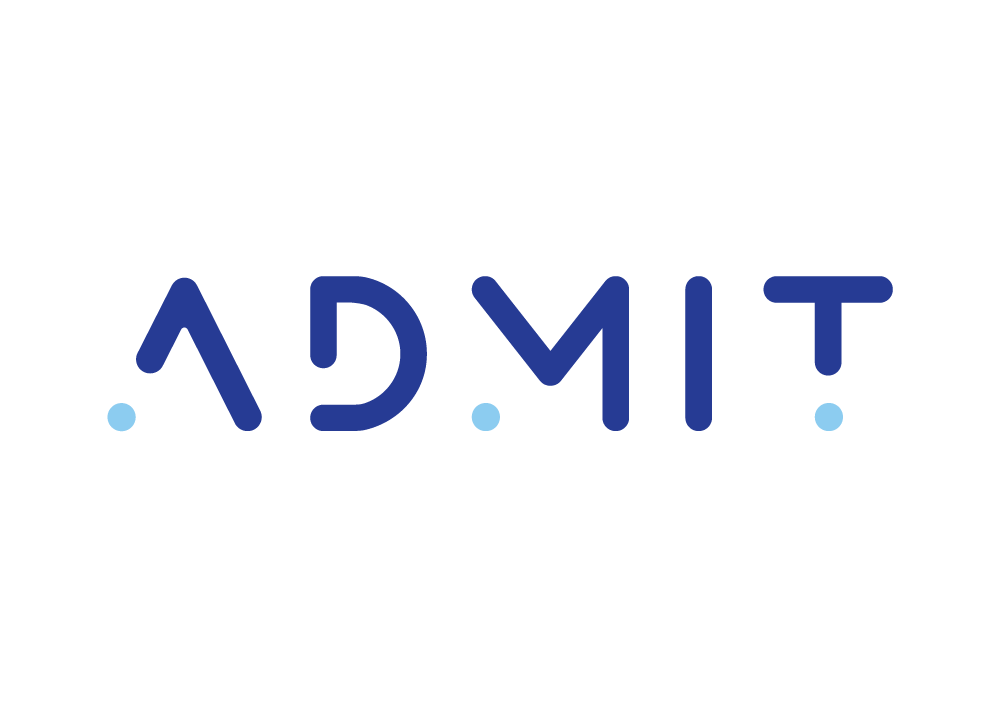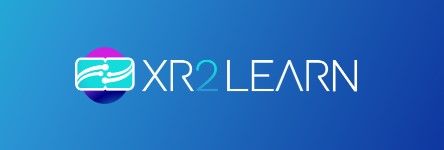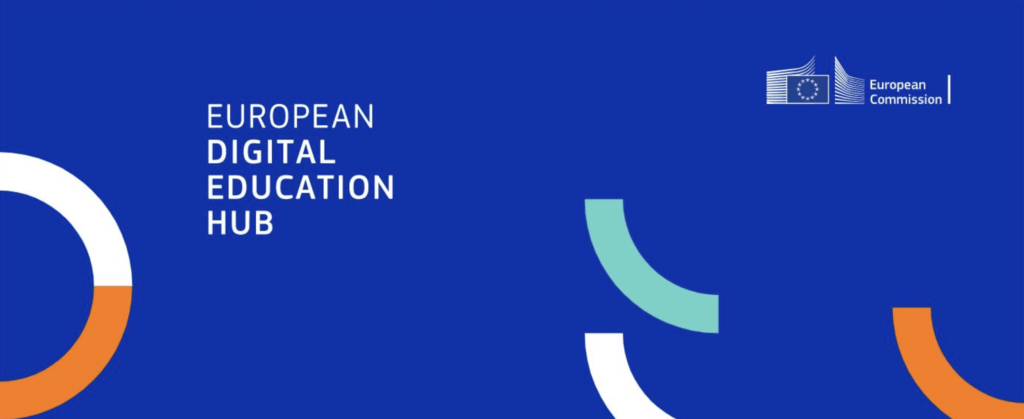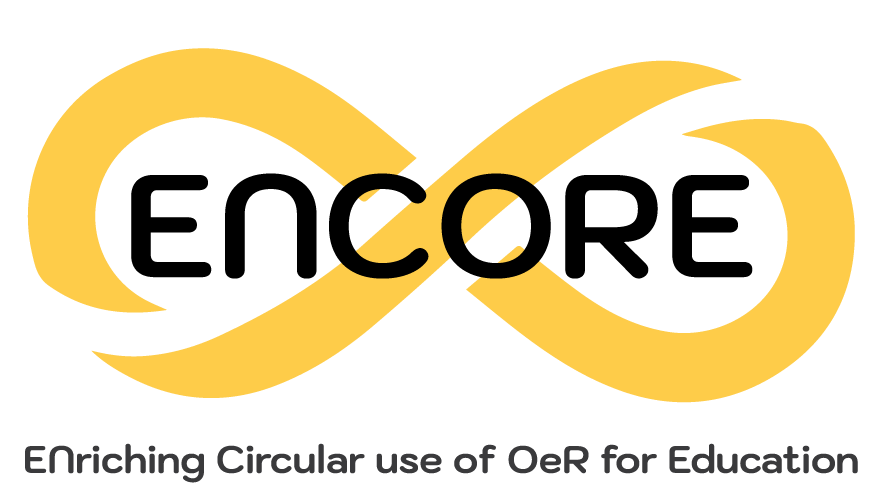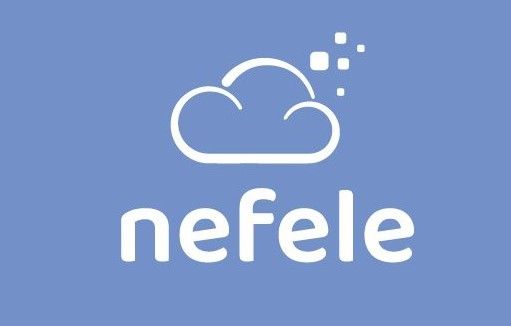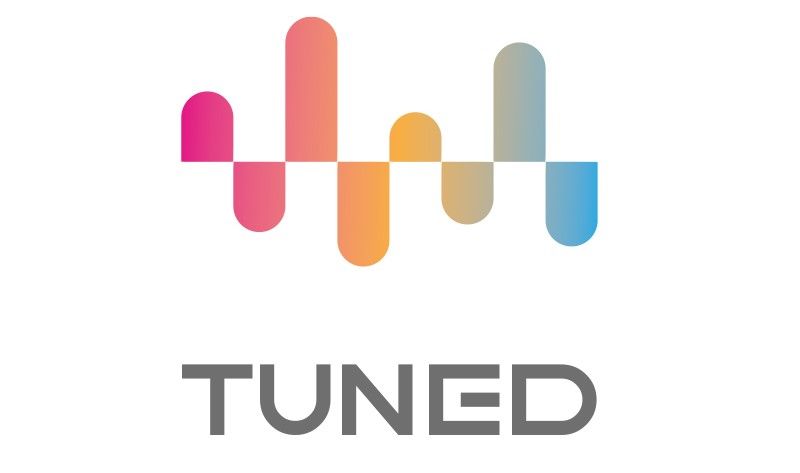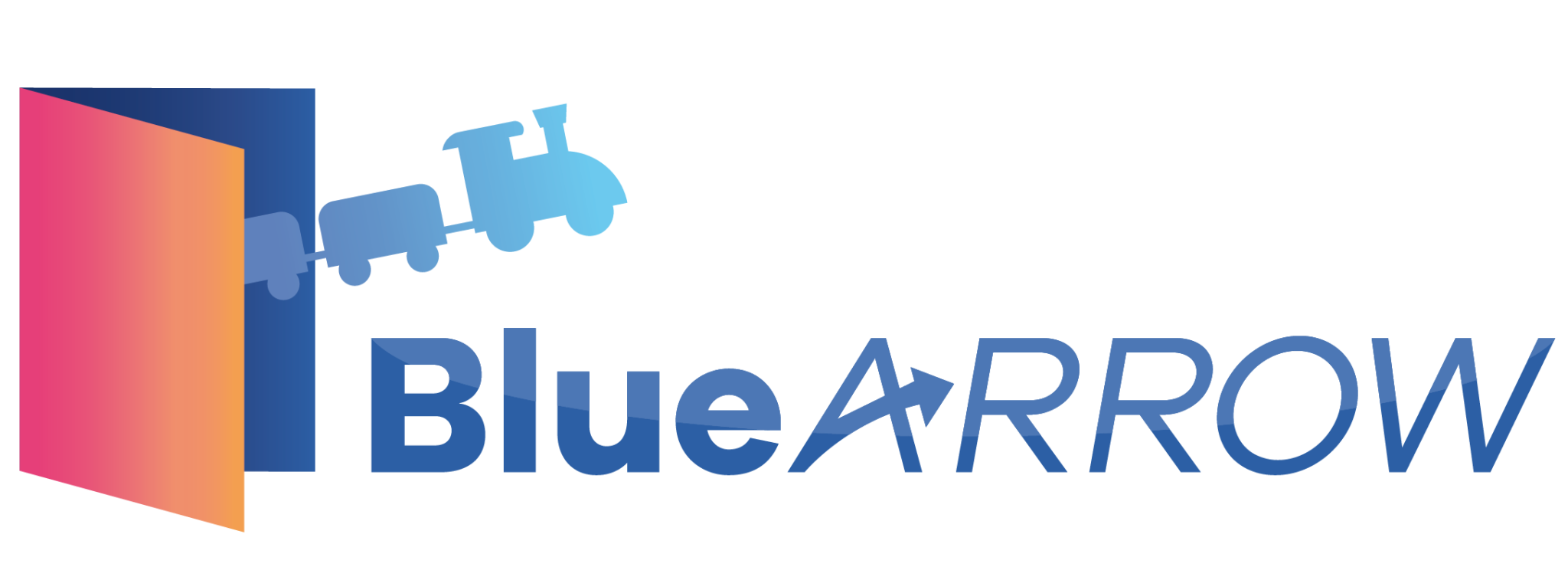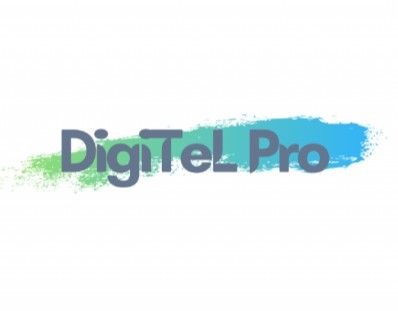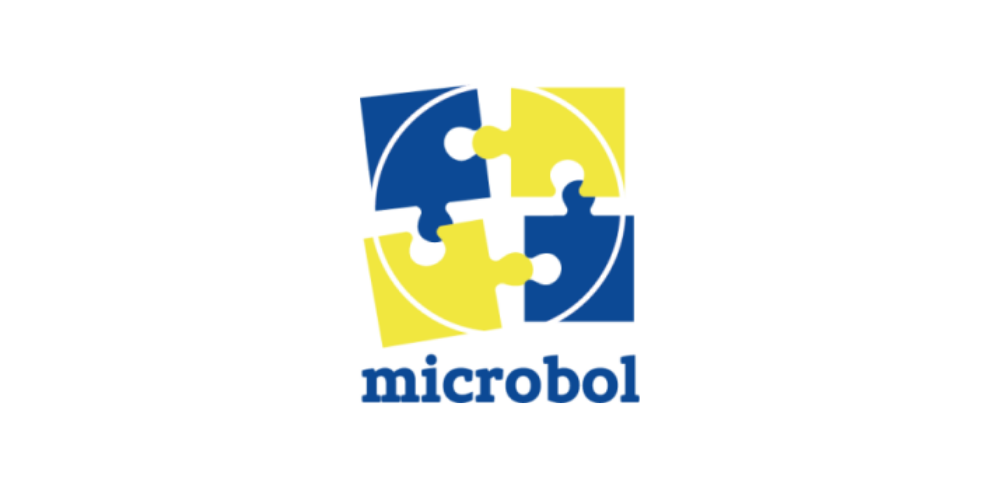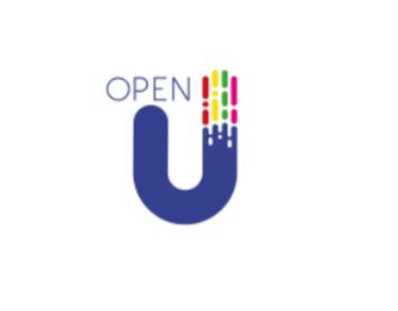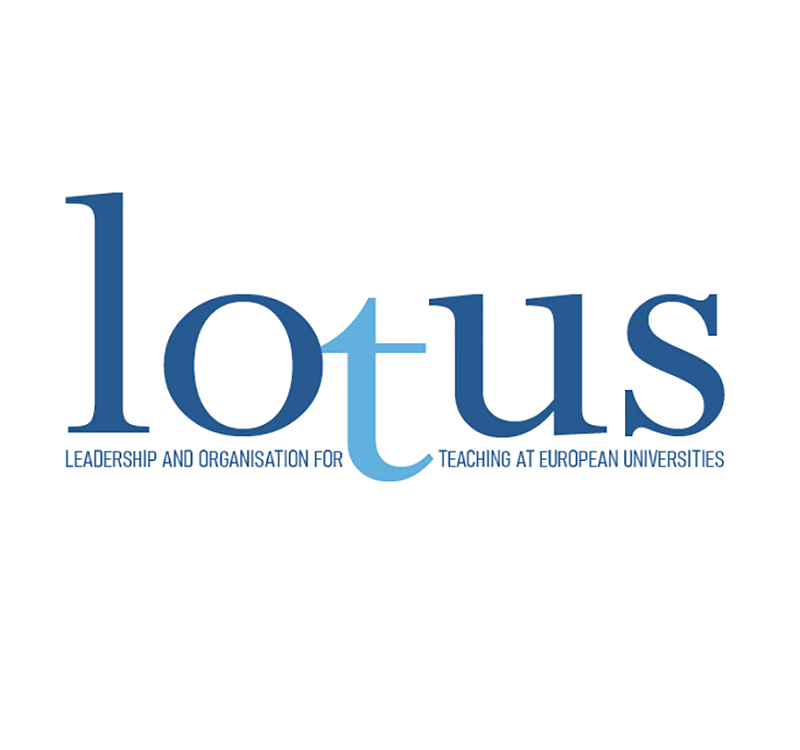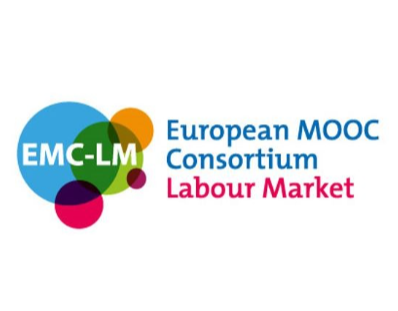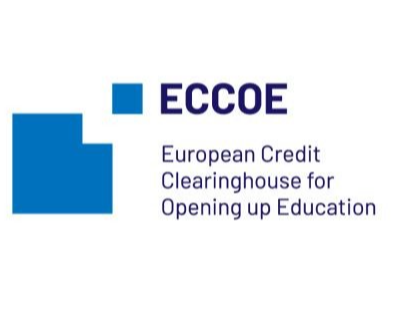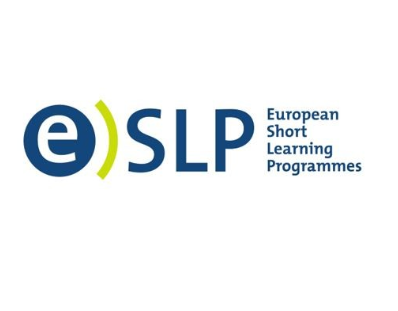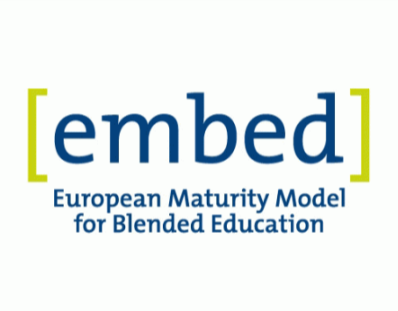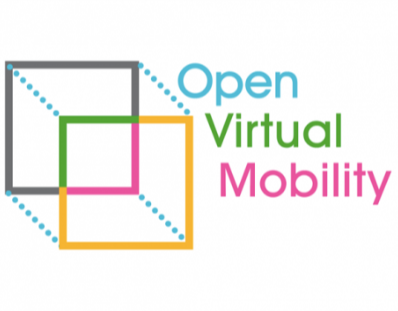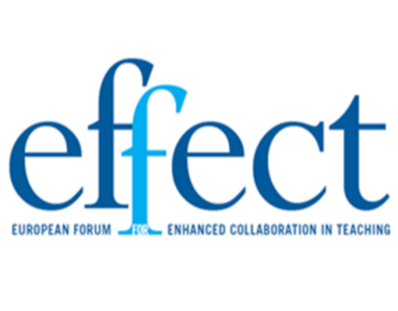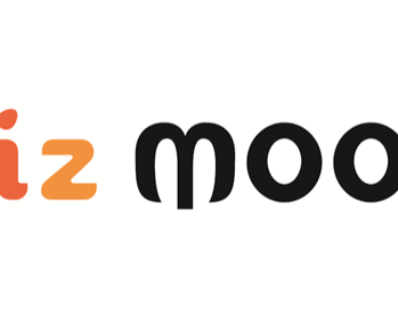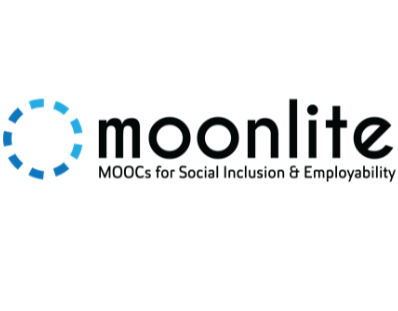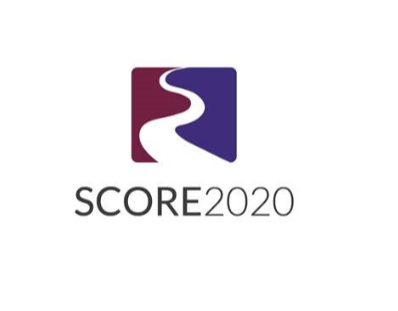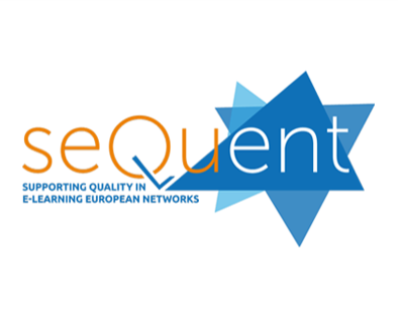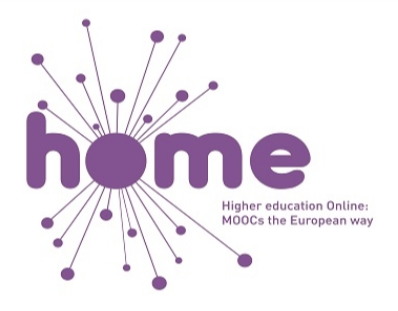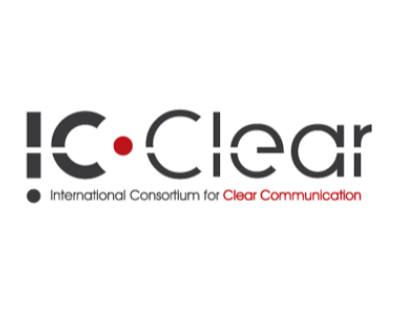EADTU wants to serve universities European wide with an open and updated "quality assurance in e-learning" instrument and started a partnership with European and global stakeholders to further apply and improve the E-xcellence instrument. The E-xcellence Next project has been continued under E-xcellence
Projects
Projects
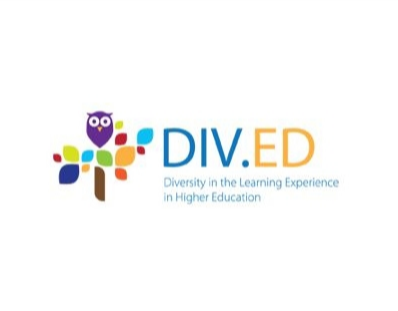
DIV ED
Diversity in the Learning Experience in Higher Education (DIV ED, 2012-2014) focused on the complex topic “Diversity” applied to the academic learning context. Main output is a university Module to be tested, implemented, evaluated and exploited in 4 partner countries (Austria, Germany, Lithuania and Portugal) before being disseminated Europe-wide with other target groups in various educational environments.
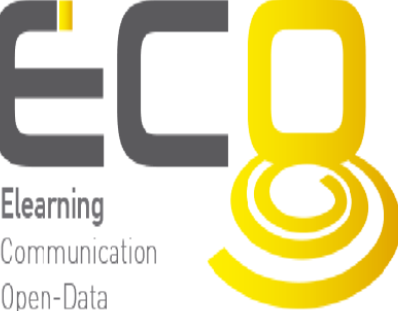
ECO
EADTU is partner of "Elearning, Communication and Open-data: Massive Mobile, Ubiquitous and Open Learning" (ECO, 2014-2017). This project with 24 partners focuses on extending the most successful MOOC experiences in Europe to a pan-European scale by piloting and showcasing these best practices by its implementation in regional hubs of excellence throughout Europe.
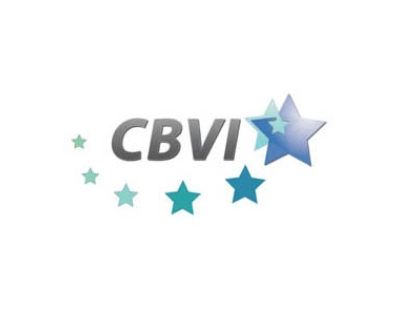
CBVI
Cross Border Virtual Incubator (CBVI, 2010-2013) was to flexibly reach out to workers & learners to promote entrepreneurship and enterprise creation.
Optimising the entrepreneurship ecosystem | Multi-country report of practices and experiences | Report of notable regional incubator models
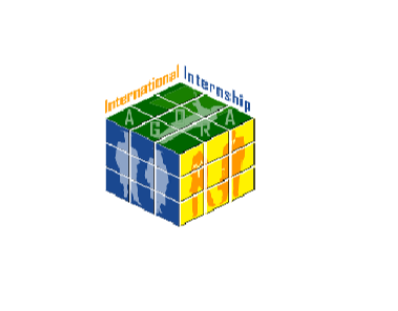
I2AGORA
International Internship AGORA (I2AGORA, 2011-2012) aimed to synthesise and exploit experiences/results of such projects focusing on flexible modality work placement mobility programs, especially accessibility, adoptability and sustainability of their results. The prime objective of the I2AGORA project was to open up synergic potential between EU projects, focused on this challenging area.
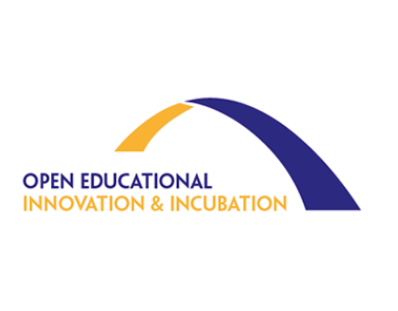
OEII
Open Educational Innovation & Incubation (OEII, 2010-2013) formulated recommendations on the organisation of a (more) transparently organised, and sustainable, university-market interface.
Selection of good practices | Report on opportunities | Assessing advanced pilots | Cross-over report | Lessons | Policy recommendations
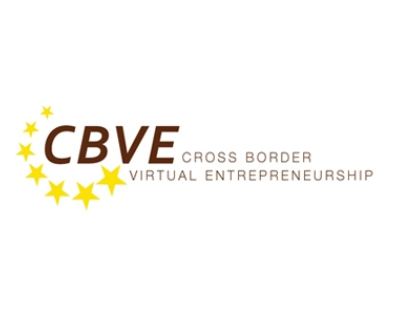
CBVE
Cross-Border Virtual Entrepreneurship (CBVE, 2007-2009) enhanced the professional skills of students by lifelong, open & flexible, didactically-innovative and pedagogically-rich learning approaches, with a focus on the development, extension and expansion of entrepreneurial skills.
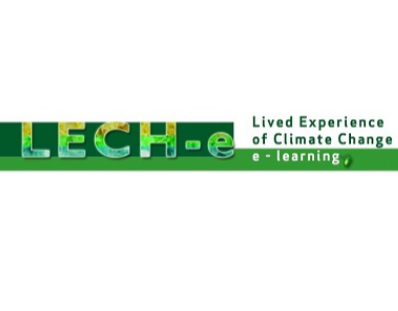
LECHe
Erasmus project, 'The lived experience of climate change: e-learning and virtual mobility' (LECHe, 2010-2012). The LECH-e project developed three 100-150 hour modules and a water case study published as OER. They were designed to maximise flexibility of use for diverse audiences.
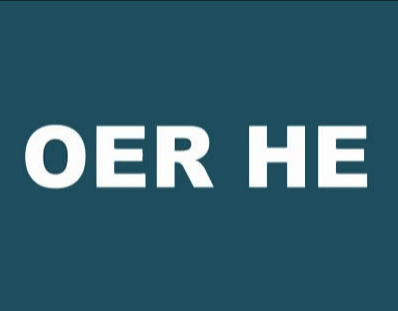
OER HE
Open Educational Resources in Higher Education (OER HE, 2009-2011). The 3 Best Practice Reports have examined evidence from the literature and from the partners' case studies to identify the role that OER might play in (1) widening participation, (2) multi campus education and (3) team-based internationalisation.
Two publications available:
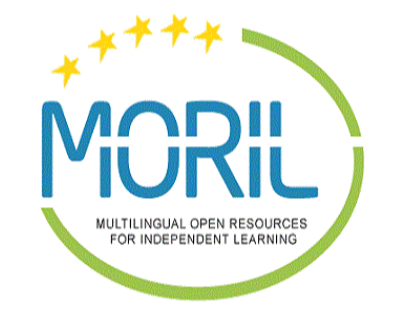
MORIL
EADTU task force on Multilingual Open Resources for Independent Learning (MORIL, 2006-2009). This task force contained all the European Open Universities of EADTU, and was active in promoting online learning in two modes - informal and formal - both based on OER, so as to provide new gateways to university education.
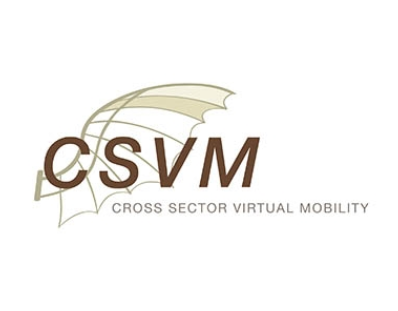
CSVM
The objective of Cross Sector Virtual Mobility (CSVM, 2006-2008) was to facilitate distance education students to enter into online working, stimulate their employability, and provide distance educational systems with increased business and market connectivity.
Stimulating Employability through Cross Sector Virtual Mobility

E-xcellence Next
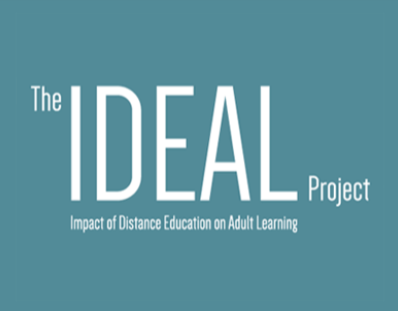
IDEAL
Impact of Distance Education on Adult Learning (IDEAL, 2013-2015) seeks to examine how higher education institutions can and do contribute to adult learning by way of distance education.
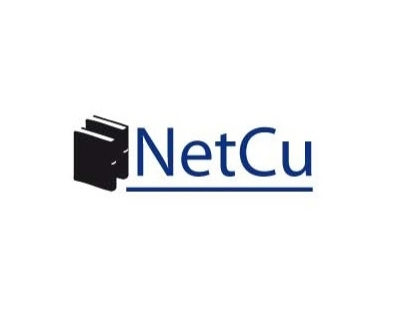
NetCu
In Networked Curricula (NetCU, 2010-2012) a set of combined activities and approaches guidelines and tools for successfully creating internationally networked curricula in open and distance education and blended learning were developed. These products will facilitate the establishment of such curricula.
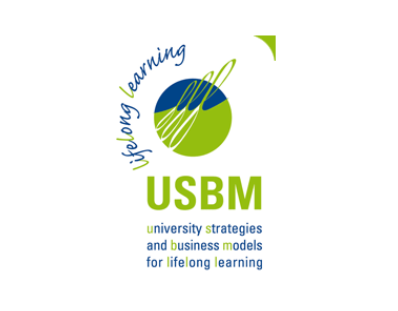
USBM
University Strategies and Business Models (USBM, 2008 - 2010) was about developing structures for continuing education that fit the realities of professional life.

Funded by the European Union. Views and opinions expressed are however those of the author(s) only and do not necessarily reflect those of the European Union or the European Education and Culture Executive Agency (EACEA). Neither the European Union nor EACEA can be held responsible for them.

